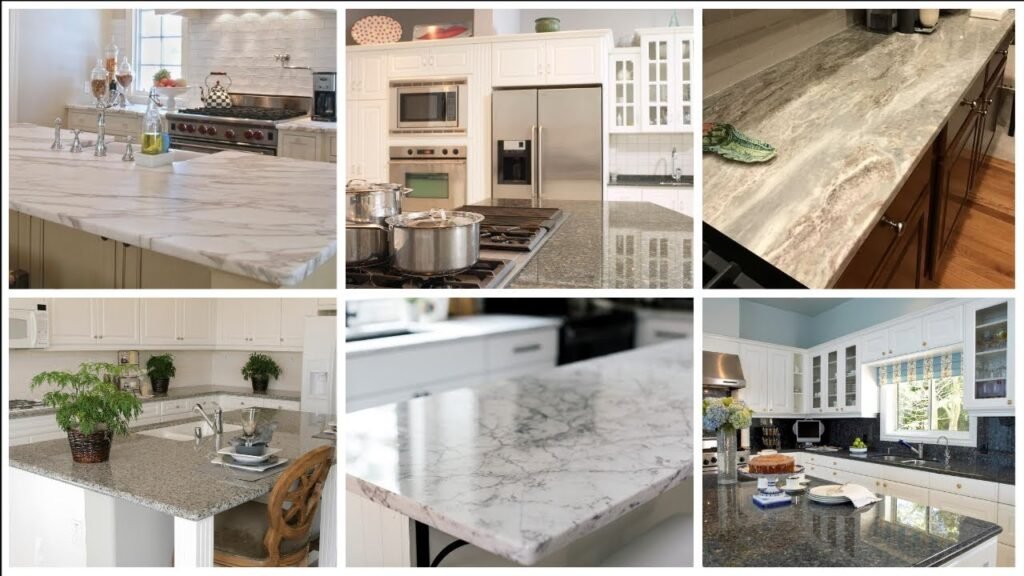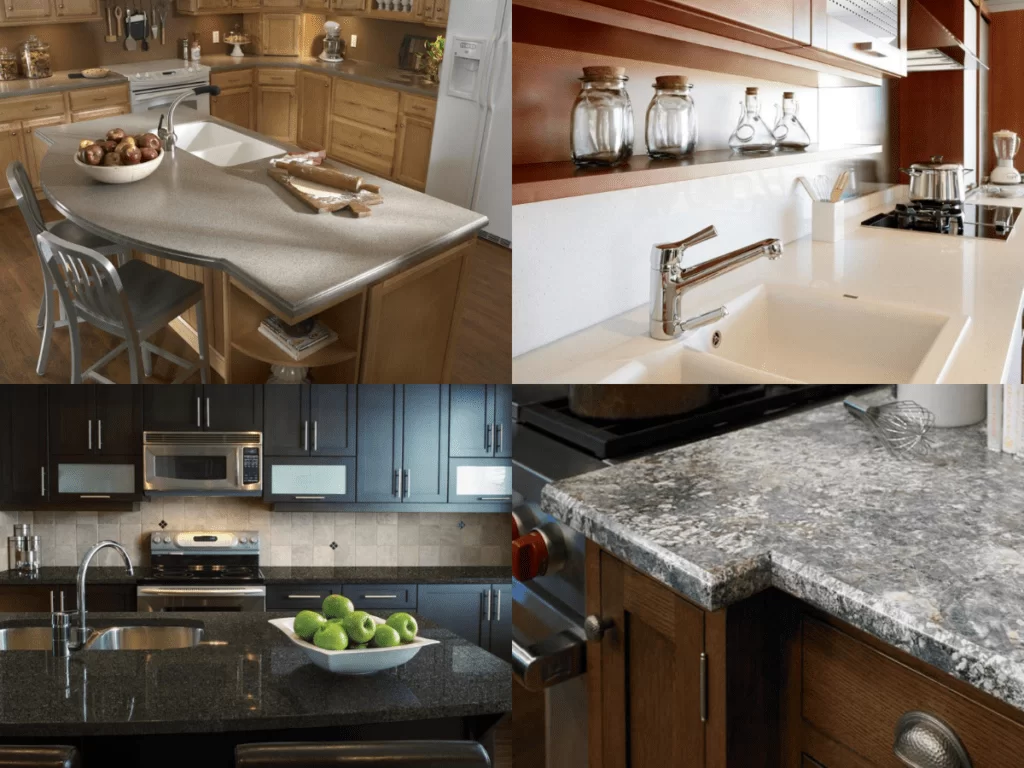Granite is one of the most widely recognized and extensively used rocks in both natural landscapes and architectural applications. However, a common question many people ask is: Is granite sedimentary? This article will provide a comprehensive answer, diving deep into the geological classification, formation process, and key characteristics of granite. We’ll also explore how it compares with other rock types and its implications for countertops, especially Aardwolf’s granite selections.

Understanding Granite: A Geological Overview
What Is Granite?
Granite is a coarse-grained igneous rock, not a sedimentary one. It forms from the slow cooling and solidification of magma deep beneath the Earth’s surface, which classifies it specifically as an intrusive igneous rock.
Granite Geology and Composition
Granite is primarily composed of:
- Quartz
- Feldspar (both plagioclase and orthoclase)
- Mica (biotite or muscovite)
These minerals give granite its granular texture and a range of colors—from classic white granite countertops to black and grey shades.
What kind of rock is granite? explains this composition in detail.

Is Granite Sedimentary?
Sedimentary Rocks: A Quick Recap
Sedimentary rocks are formed from the accumulation of mineral and organic particles that are compressed over time. Examples include limestone, shale, and sandstone.
Why Granite Is Not Sedimentary
Granite does not form through deposition or layering. Instead, it:
- Forms underground from molten magma
- Cools slowly over millions of years
- Crystallizes into a dense, interlocking structure
These traits disqualify it from being classified as sedimentary.
Is granite extrusive? and Is granite intrusive? explore these distinctions further.
Characteristics of Granite
Key Properties
- Hardness: 6–7 on Mohs scale
- Durability: Resistant to heat, scratches, and weathering
- Appearance: Speckled look with various color combinations
These characteristics of granite make it suitable for high-traffic areas like kitchens and bathrooms.
Granite in Everyday Applications
Natural vs. Engineered Granite
While true granite is natural, some engineered stones mimic granite’s appearance but use resins and other binders.
Granite Stone in Countertops
Granite’s density and resistance to moisture make it a top choice for countertops. Aardwolf’s premium slabs are examples of this quality.
Care and Maintenance
- Clean granite countertops with pH-neutral soap
- Sealing granite is essential to avoid staining
- Repairing chips in granite and polishing granite surfaces can restore its appearance
Need to fix problems? Learn:
Granite vs. Other Stones
Granite vs Quartz Countertops
While quartz is engineered, granite is 100% natural. Quartz offers uniform appearance, while granite’s beauty lies in its uniqueness.
Granite vs Marble: Pros and Cons
Marble is softer and more porous, while granite is harder and better suited for kitchens.
Granite vs Soapstone Durability
Soapstone scratches more easily than granite, making granite a better choice for long-term performance.
Granite Better Than Concrete Countertops?
Yes—for most homeowners, granite offers better longevity, less maintenance, and greater aesthetic value.
Aardwolf Granite Solutions
Aardwolf is a leader in high-quality granite countertop offerings, including:
- Aardwolf granite countertop collection
- Aardwolf premium granite slabs
- Aardwolf granite installation services
- Aardwolf granite pricing guide
- Best Aardwolf granite colors
These solutions are perfect whether you’re updating your kitchen or creating a stunning bathroom design.
Buying and Budgeting Granite
Where to Buy Granite Countertops
Look for local suppliers and showrooms that carry premium Aardwolf products.
Affordable Options
Consider wholesale granite suppliers or ask about budget packages.
White and Black Granite Countertops
Popular for their versatility, these pair well with a wide range of cabinet colors.
Granite Backsplash Designs
Coordinate or contrast with your countertop for a cohesive look.
How to Use Ratchet Tie Down Straps safely during granite transport or installation.
Final Verdict: Is Granite Sedimentary?
No—granite is not sedimentary. It is a coarse-grained intrusive igneous rock formed deep within the Earth’s crust. Its mineral composition, durability, and visual appeal make it a top contender for residential and commercial applications.
Want a quick recap? Check out this Summary About Granite.

